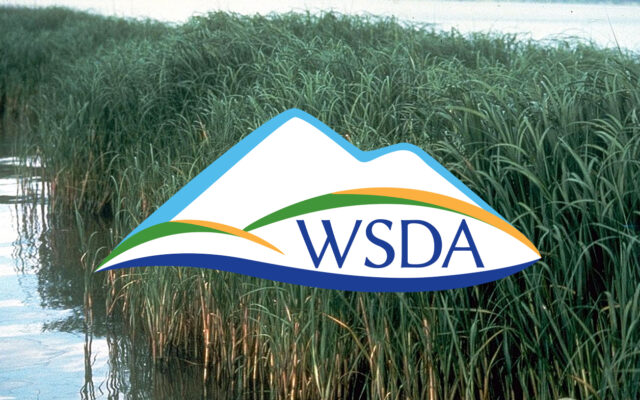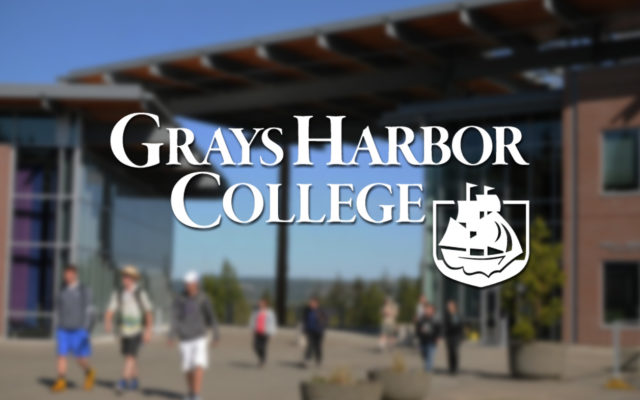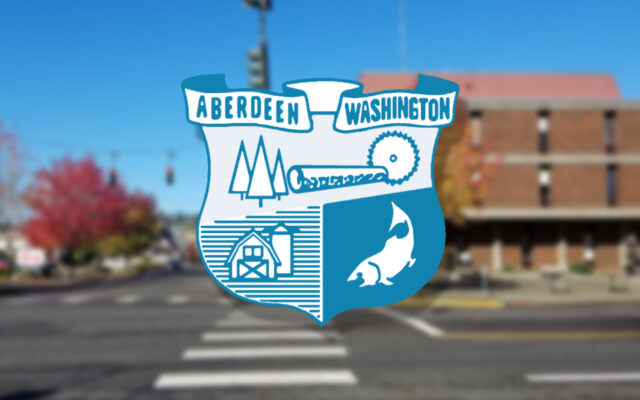State continues quest to eradicate invasive Spartina

The Washington State Department of Agriculture (WSDA) will begin this year’s treatment season for Spartina on June 1 and will continue through November.
Survey and eradication efforts, led by the WSDA, will take place in multiple areas, including Grays Harbor, Willapa Bay, Hood Canal, Puget Sound, the north and west sides of the Olympic Peninsula and near the mouth of the Columbia River.
Officials state that this year’s work will build on the success of 2022 when Spartina was eradicated at five additional sites, bringing the total number of eradicated sites to 76.
Since 1995, WSDA has served as the lead state agency for Spartina eradication.
The effort located and treated over 8,500 individual Spartina plants last year.
WSDA said that the Spartina eradication effort has been highly effective – reducing infestations from a high of more than 9,000 solid acres in 2003 to just over two total acres in 2022.
The two remaining acres are spread over 125 sites – meaning 62 percent of Washington’s sites are not yet eradicated.
“Our goal is to eradicate Washington’s remaining Spartina infestations, protecting important habitat for salmon, waterfowl and shellfish,” said Chad Phillips, WSDA’s Spartina Program Coordinator. “The Spartina Eradication Program protects our state’s most productive estuaries and shoreline habitats. This year, with our project cooperators, we will continue the challenging work of finding and removing the thousands of Spartina plants that remain in the Puget Sound and along Washington’s coast.”
This season, project partners will survey thousands of acres of saltwater estuaries and hundreds of miles of shoreline. WSDA and its partners typically dig out small infestations by hand and utilize herbicides at larger sites.
Spartina, commonly known as cordgrass, can disrupt the ecosystems of native saltwater estuaries. If left unchecked, Spartina outcompetes native vegetation and converts ecologically healthy mudflats and estuaries into solid Spartina meadows. As a result, important habitats for salmon, forage fish, invertebrates, shorebirds and waterfowl are lost, the threat of flooding is increased, and the state’s shellfish industry is negatively impacted.
Visit agr.wa.gov to for more information on Spartina control efforts.
You Might Also Like



